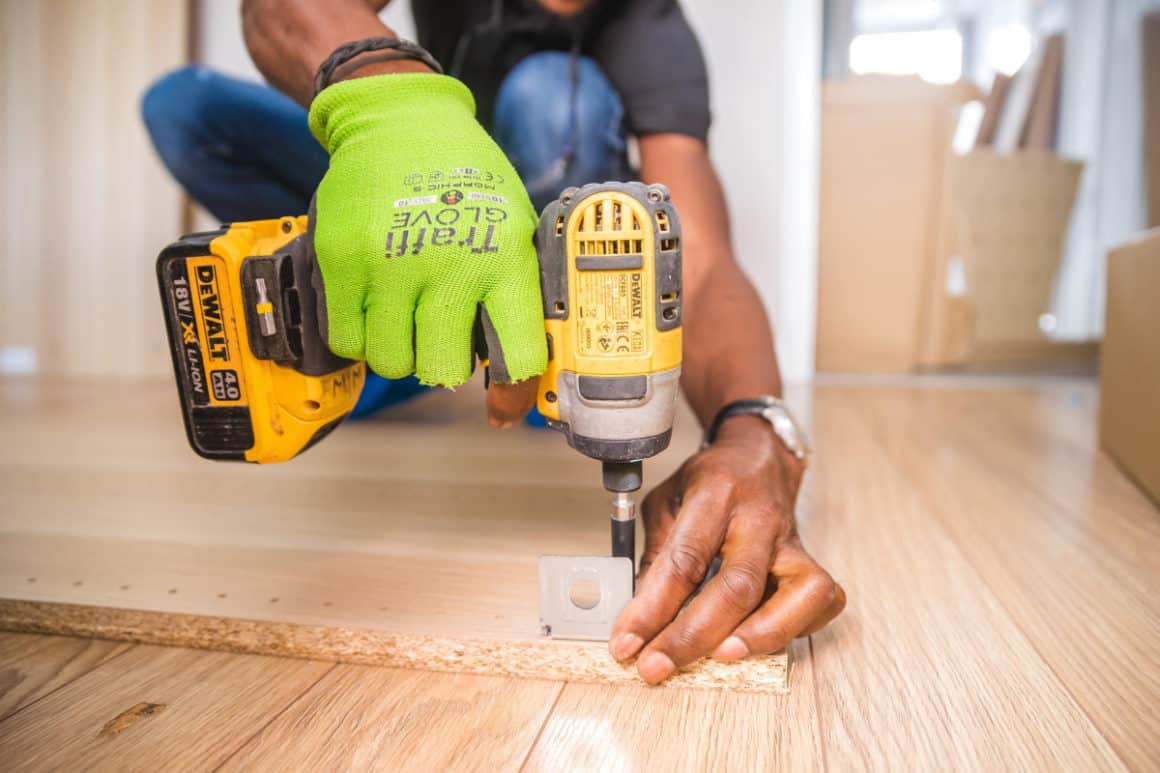At some point, perhaps in your mid-20s or early 30s, you’ll first think about buying your own home. The trigger point may vary; perhaps friends and family around you are suddenly homeowners, and you want to join their group, or you’ll be sick of seeing your landlord snooping around ‘your’ bedroom or garden on another inspection, or fed up of sending several hundred or thousands of pounds into a black hole every month with nothing to show for it.

But the intention and the reality do not always sit together easily. Once the cold, hard facts of ownership and its responsibilities are laid out – as well as the length of time that the process can take – then it suddenly seems less appetising.
House Deposit
The first stumbling block is finding the deposit, and the bigger the pot, the better the mortgage deal.
A bare minimum of 5% will be needed, but that figure is a diverse one across the country. For example in London the average cost of a property is nearly £440,000, so for a 5% deposit a buyer will need £22,000, and even then they’ll have an extremely limited range of options. Compare that to the England and Wales average of £172,011 (according to the Land Registry) and the corresponding deposit of £8,600. You could consider an FHA loan which is good for a lower down payment
You’ll have to make the tough decision of whether to save up for longer while renting to put down a larger deposit because the difference of a few hundred or thousand pounds in the deposit might be enough to change your mortgage interest rate from 5% to 4 or 3% – which will lead to a potentially massive saving down the line. The Money Advice Service provides free, impartial advice.
The Legal Stuff

Lawyers and solicitors’ fees will not be cheap, ranging anywhere from £500 up to £1,500. The cost of stamp duty tax will depend on the property itself and will be nothing if it costs below £125,000 but at least £1,250 if above that threshold.
Add another few hundred pounds, at least, for other costs: land registry fees, search fees, removal fees, mortgage indemnity and more. Ask for a breakdown of these fees early to avoid nasty surprises.
Property Valuation
Lenders will want to know that their money is being well spent. They will carry out a valuation survey for which you must pay, starting from £2-400 for a basic condition report of the property, up to £500 for a more in-depth homebuyer’s report, and up to £1,200 for a building survey. While the latter may seem steep it is definitely worth considering for older buildings, as it will provide a full, comprehensive diagnosis of the building, and could save later financial heartache.
If you have opted for the condition report, make sure you check for rot, cracks, crumbling woodwork, and other obvious but concealable faults, particularly in your child’s bedroom-to-be.
Finding a Lender
Buying the house itself is the tough part, you might want to consider an FHA Loan, but only the beginning of the journey.
DIY Costs

With no landlord, the homeowner will now be responsible for his own repairs.
There may be DIY costs that soon accumulate, and some can be more difficult than others. As well as paint, wallpaper, brushes and other items, you may have to replace the odd tap or skirting board, or in a worst-case scenario, a whole boiler. The simplest advice is to take a knowledgeable person around the house when inspecting, who may be able to give an appraisal of costs. And don’t forget monthly bills ranging from council tax to TV licence to house insurance.
It will be worth it
Despite the costs, buying your own home is one of the landmark achievements of a young person’s life. It can provide stability for a young family and forces parents to think more responsibly about their money – indeed, there is evidence (seen in this MSN article) that renters are more reckless with their money when making an accommodation choice. The costs are high, therefore, but then so is the value of ownership.
In collaboration with Sophie Davidson
